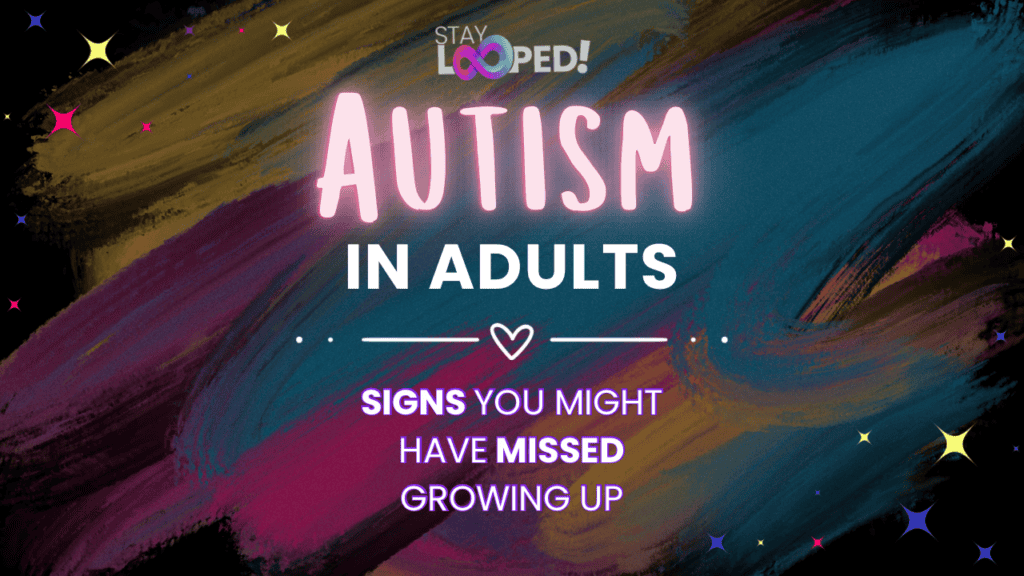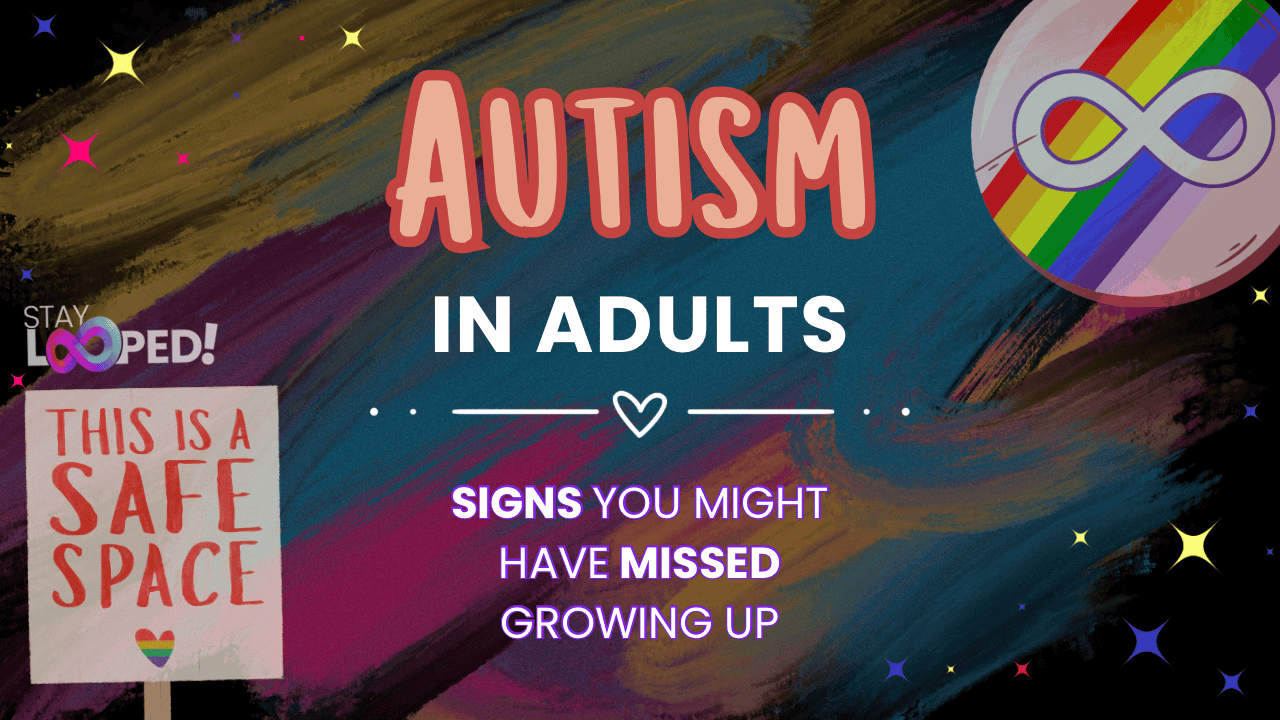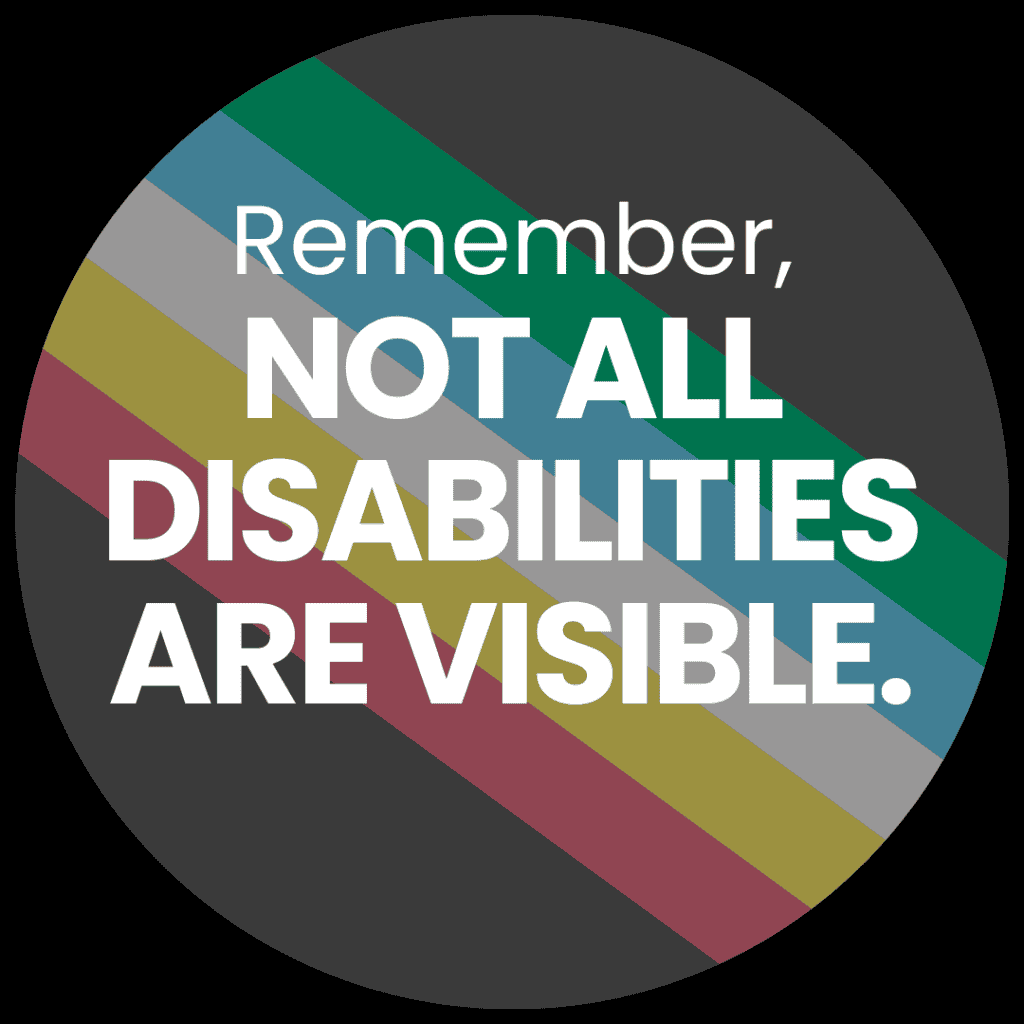
Autism is often discussed in the context of children, but many adults live with autism without even realizing it. In fact, some signs may have been overlooked throughout childhood. For many adults, these signs begin to make sense later in life. So, what should you look for? Let’s dive into the key indicators of autism in adults.
Social Interactions–
Feel Like You’re an Always ‘On Stage’?
Many adults with autism describe feeling like they’re constantly “performing” in social situations.
If you find yourself mirroring the behaviors of others just to fit in, or rehearsing conversations before they happen, these could be subtle signs.
You might also replay interactions over and over in your mind, wondering if you said the right thing.
While others may thrive on casual friendships, adults with autism tend to maintain a smaller, more tightly-knit circle. Small talk is exhausting, and interpreting social cues can feel like decoding a foreign language. Does this sound familiar?
Behavioral Patterns-
The Power of Routine
Routine can be a safe haven for many adults on the spectrum.
Unexpected changes can throw everything off balance, causing stress or anxiety. You might find comfort in certain habits or rituals, even if others don’t see their purpose.
Fidgeting, tapping, or engaging in repetitive actions—like chewing on pens or rubbing fabric—may be part of your daily life. These small actions help manage feelings of discomfort or overstimulation, even if you don’t realize it.
Another trait? Intense focus on hobbies or interests. Whether it’s collecting something specific or diving deep into a particular subject, this passion is often a hallmark of autism in adults.
Sensory Sensitivity-
The World Feels Too Loud
Sensory overload is common. You might feel overwhelmed by loud noises, certain textures, or even unexpected touches. These sensations can be distressing, causing a desire to retreat or block them out.
On the flip side, some adults on the spectrum find comfort in deep pressure. Tight hugs or squeezing can provide relief when everything feels like too much. Your body and brain crave sensory regulation.
Food preferences also come into play. If you find yourself sticking to the same meals or being very selective with what you eat, this could be a sensory-related trait of autism.
Communication-
Eye Contact and Literal Language
Eye contact feels uncomfortable or even painful. Does this resonate? Many adults with autism find maintaining eye contact overwhelming, preferring to look away or focus on other cues.
Conversations that move quickly or jump from topic to topic may also be hard to follow. Sarcasm or teasing might fly over your head, and you might take jokes literally. This is especially true in social environments where the “rules” of communication are unwritten.
For many, texting or emailing is a far more comfortable way to interact. Written communication provides more control, time to process, and reduces the pressure of responding in real-time.
Why Recognizing Adult Autism Matters
Being aware of these signs can bring clarity, understanding, and—more importantly—relief. Identifying these traits in yourself or someone you know is the first step towards living more authentically. Autism in adulthood isn’t a limitation—it’s simply a different way of experiencing the world.
Further Resources for Autism in Adults
If you’re interested in learning more about autism in adults or are seeking support, visit the Autism Society. They offer extensive resources, from educational tools to support networks, designed to help adults on the spectrum navigate life with confidence.
Final Thoughts….
The more we understand about autism in adults, the better we can support ourselves and those around us. If any of these signs resonate with you, consider reaching out to a professional or connecting with resources to help you navigate your journey.
The information provided in this blog is intended for educational and informational purposes only and should not be considered medical advice. If you believe you or someone you know may be on the autism spectrum or are experiencing related symptoms, it’s important to consult with a healthcare professional for proper diagnosis and guidance.





